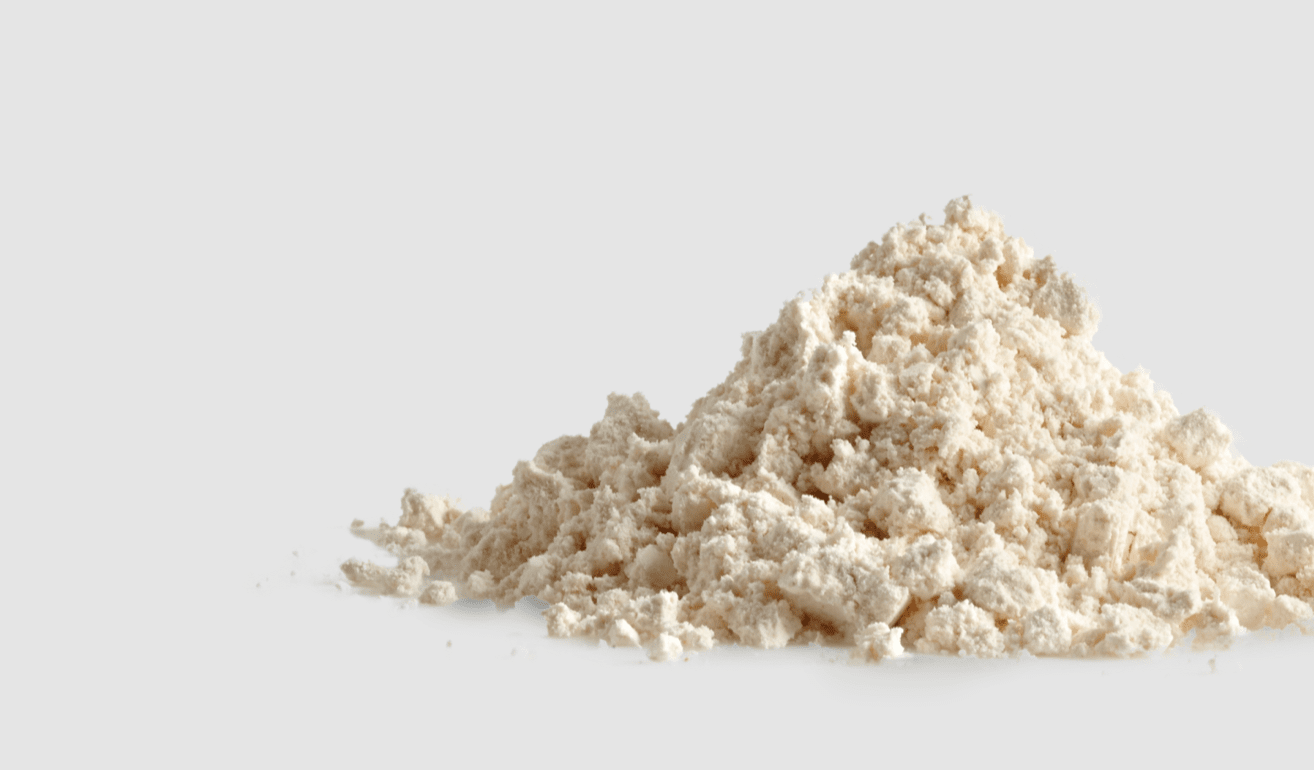Watch our founder, Dr. Zak Zarbock, explain his philosophy about sleep.
Properties and mechanism of action
Naturally produced melatonin is a hormone, just like insulin or vitamin D—which means it is a signaling molecule released by the endocrine system. Once secreted by the pineal gland, melatonin binds to hormonal receptors throughout the body, including a part of the brain that regulates the body’s internal clock.3
Exogenous melatonin does not diminish the body’s ability to produce melatonin naturally.4 With a half-life of 35 to 50 minutes, exogenous melatonin reaches peak plasma concentrations after 60 minutes of administration, and 90% of it is cleared in a single passage through the liver.5,6 A small amount is excreted in urine, and a small amount is found in saliva.6
Scientific support
Recent short- and long-term safety evaluations have demonstrated melatonin’s favorable safety profile for children.7-11 Multiple studies have also shown that melatonin improves sleep onset latency and sleep duration among children and adults.12-18*
*These statements have not been evaluated by the Food and Drug Administration. This product is not intended to diagnose, treat, cure, or prevent any disease.
Ingredient details are provided as general information and are not intended to be associated with any specific Zarbee’s® products.
REFERENCES:
1. Ferracioli-Oda E, Qawasmi A, Bloch MH. Meta-analysis: melatonin for the treatment of primary sleep disorders. PLoS One. 2013;8(5):e63773. 2. Janjua I, Goldman RD. Sleep-related melatonin use in healthy children. Can Fam Physician. 2016;62(4):315-317. 3. Gobbi G, Comai S. Differential Function of Melatonin MT1 and MT2 Receptors in REM and NREM Sleep. Front Endocrinol (Lausanne). 2019;10:87. 4. Wright J, Aldhous M, Franey C, English J, Arendt J. The effects of exogenous melatonin on endocrine function in man. Clin Endocrinol (Oxf). 1986;24(4):375-382. 5. Melatonin. DrugBank. Accessed July 7, 2021.
6. Tordjman S, Chokron S, Delorme R, et al. Melatonin: pharmacology, functions and therapeutic benefits. Curr Neuropharmacol. 2017;15(3):434-443. 7. McDonagh MS, Holmes R, Hsu F. Pharmacologic treatments for sleep disorders in children: a systematic review. J Child Neurol. 2019;34(5):237-247. 8. van Geijlswijk IM, Mol RH, Egberts TCG, Smits MG. Evaluation of sleep, puberty and mental health in children with long-term melatonin treatment for chronic idiopathic childhood sleep onset insomnia. Psychopharmacology (Berl). 2011;216(1):111-120. 9. Zwart TC, Smits MG, Egberts TCG, Rademaker CMA, van Geijlswijk IM. Long-term melatonin therapy for adolescents and young adults with chronic sleep onset insomnia and late melatonin onset: evaluation of sleep quality, chronotype, and lifestyle factors compared to age-related randomly selected population cohorts. Healthcare (Basel). 2018;6(1):23. 10. Boafo A, Greenham S, Alenezi S, et al. Could long-term administration of melatonin to prepubertal children affect timing of puberty? A clinician’s perspective. Nat Sci Sleep. 2019;11:1-10. 11. Malow BA, Findling RL, Schroder CM, et al. Sleep, growth, and puberty after 2 years of prolonged-release melatonin in children with Autism Spectrum Disorder. J Am Acad Child Adolesc Psychiatry. 2021;60(2):252-261.e3. 12. Eckerberg B, Lowden A, Nagai R, Åkerstedt T. Melatonin treatment effects on adolescent students’ sleep timing and sleepiness in a placebo-controlled crossover study. Chronobiol Int. 2012;29(9):1239-1248. 13. Ivanenko A, Crabtree VM, Tauman R, Gozal D. Melatonin in children and adolescents with insomnia: a retrospective study. Clin Pediatr (Phila). 2003;42(1):51-58. doi:10.1177/000992280304200108 14. Smits MG, Nagtegaal EE, van der Heijden J, Coenen AML, Kerkhof GA. Melatonin for chronic sleep onset insomnia in children: a randomized placebo-controlled trial. J Child Neurol. 2001;16(2):86-92. doi:10.1177/088307380101600204 15. Smits MG, van Stel HF, van der Heijden K, Meijer AM, Coenen AML, Kerkhof GA. Melatonin improves health status and sleep in children with idiopathic chronic sleep-onset insomnia: a randomized placebo-controlled trial. J Am Acad Child Adolesc Psychiatry. 2003;42(11):1286-1293. 16. van der Heijden KB, Smits MG, van Someren EJW, Boudewijn Gunning W. Prediction of melatonin efficacy by pretreatment dim light melatonin onset in children with idiopathic chronic sleep onset insomnia. J Sleep Res. 2005;14(2):187-194. doi:10.1111/j.1365-2869.2005.00451.x 17. van Maanen A, Meijer AM, Smits MG, van der Heijden KB, Oort FJ. Effects of melatonin and bright light treatment in childhood chronic sleep onset insomnia with late melatonin onset: a randomized controlled study. Sleep. 2017;40(2). doi:10.1093/sleep/zsw038 18. van Geijlswijk IM, van der Heijden KB, Egberts ACG, Korzilius HPLM, Smits MG. Dose finding of melatonin for chronic idiopathic childhood sleep onset insomnia: an RCT. Psychopharmacology (Berl). 2010;212(3):379-391. doi:10.1007/s00213-010-1962-0
